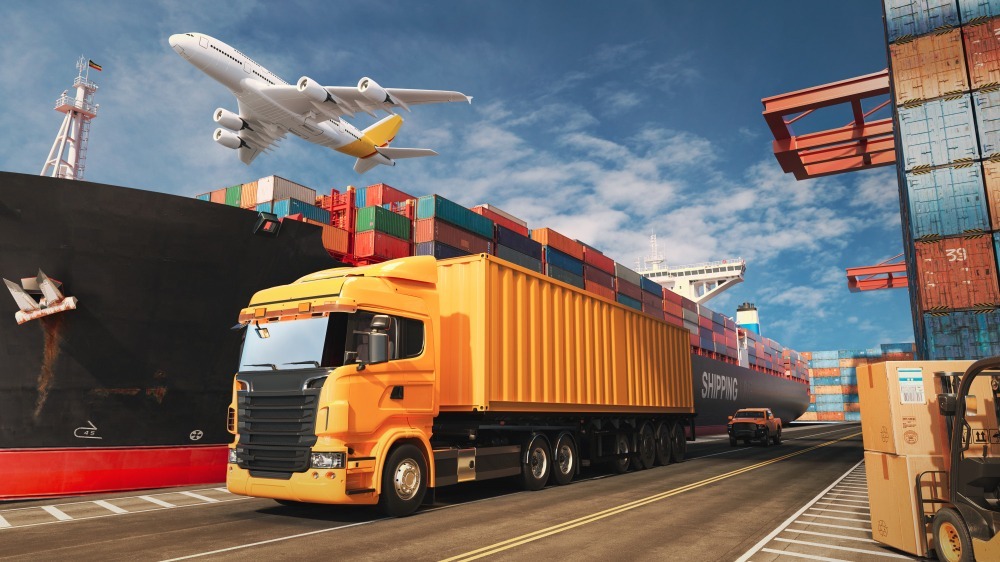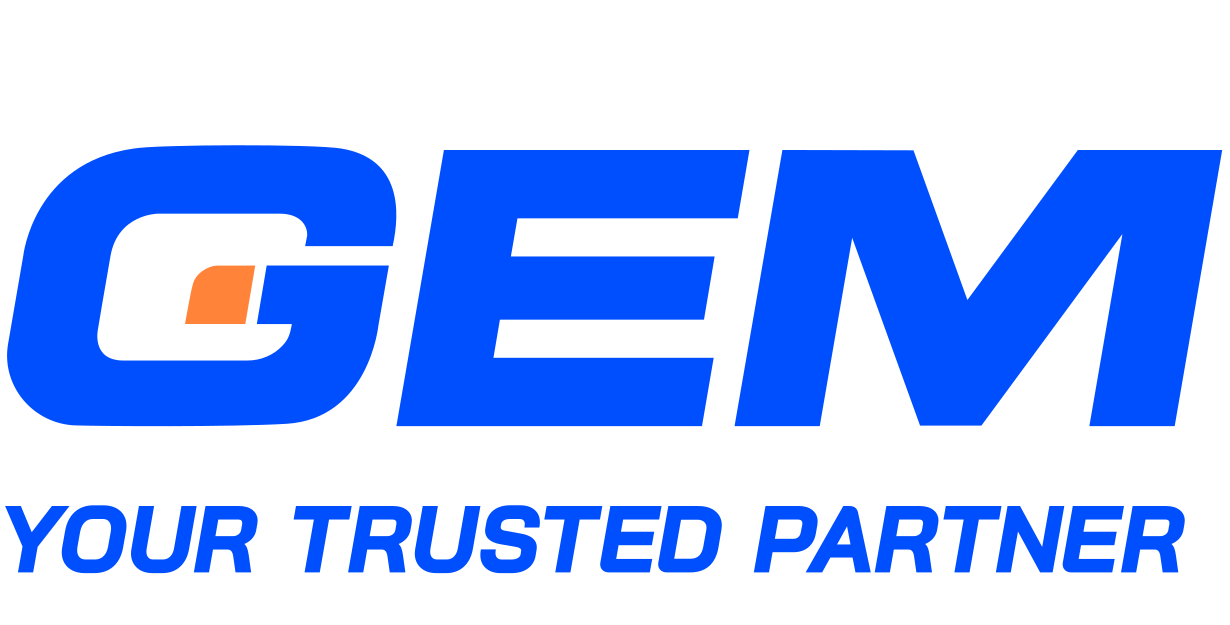Contents
Blockchain is one of the technologies receiving great attention in recent years. It is evaluated that the Blockchain industry would reach $39.7 billion in 2025, with a compound annual growth rate of 67.3%. This technology is indicated to bring profound makeover to several industries, including Logistics and Supply chain.
This article aims at bringing knowledge of Blockchain definition and applications with Logistics and Supply chain, along with specific business cases.
Blockchain for global logistics and supply chains
According to DHL, one of the giants in the Supply Chain industry, Blockchain is “a distributed ledger technology that can record transactions between parties securely and permanently.”
Since blockchain uses mutual databases shared among various stakeholders, it eliminates the in-between process of verifying, recording, and coordinating transactions requiring third parties.
This feature of Blockchain is significantly beneficial for global logistics and supply chains. The conventional process of international trade involves a large number of stakeholders and documentation. The information is duplicated, kept, and demonstrated in an unstandardized manner by several parties.
Blockchain technology ensures that data is refined and stored in a single source, providing a lean process in the global supply chain. This simplification would ultimately bring about economic benefits to a great extent. The World Economic Forum indicated that global GDP could rise by nearly 5% and global trade by 15% by removing supply chain barriers.
What Blockchain offers
DHL Trend Research names three main benefits that Blockchain can bring to the current logistics and supply chain systems to improve their efficiency.
Faster & leaner logistics in global trade
Current issues
A high level of bureaucracy and paperwork remains in the current global trade process. For example, a shipment of frozen goods from East Africa to Europe can require up to 30 people and organizations, with more than 200 interactions and communications. Considering that ocean freight contributes to 90% of global trade volume, one can imagine the amount of process and lead time required in today’s shipping sector.
How Blockchain can help
Blockchain technology can reduce the duplicated data stored by different parties. Hence, it saves time for communication when spreading data from one single, interconnected source.
How companies can apply this feature
Firms can build a blockchain-based system that digitalizes workflows and end-to-end shipment tracking. This system can track up to tens of millions of shipping containers annually, reducing delays and frauds, saving billions of dollars.
Improved transparency & traceability in supply chains
Current issues
Commodities’ sources are still difficult to trace, leading to high chances of counterfeit. The counterpart could be detrimental if it happened in the food or pharmacy sector.
How Blockchain can help
Data kept in a blockchain-based system is permanent and easily shared. It means that firms and consumers can find information about the origin and any alteration. For instance, companies and buyers can track, trace and prove the legitimacy of pharmaceutical shipments or the authenticity of luxury goods.
How companies can apply this feature
Wal-Mart is experimenting with blockchain-based models to trace the root of food products. This system contains characteristics that enable Wal-Mart to address possible contamination and improper care if any possibilities arise.
Wal-Mart also created a Blockchain Food Safety Alliance. It focuses on tracking, tracing, and ensuring safety for China’s food supply chain.

Automated commercial processes in logistics with smart contracts
Current issues
About 10% of freight invoices contain inaccurate data, which leads to extra disputes and corrections. Accenture predicts that companies can eliminate 5% of freight expenses by resolving this problem.
Solution refers to blockchain
Smart contracts are transactional protocols that automate financial processes when satisfied with agreed conditions. This tool helps eliminate malicious or mistakes in manual contracts; thus, operators can also enhance invoice accuracy.
How companies can apply this feature
Corporations can design complete systems that track, trace and execute the following steps in the shipment progress thanks to smart contracts.
For example, the ship arrives at the port and completes the confirmation process. Then, the system autonomously extracts smart contracts for involved parties, followed by autonomous transactions, if all terms are satisfied.
In conclusion, with the above demonstration, Blockchain will surely evolve in the Logistics and Supply Chains sector.
ABOUT GEM
GEM Corporation is a leading IT service provider who empowers its business clients in their digital transformation journey. Based in Hanoi, Vietnam, GEM is characterized by competent human resources, extensive and highly adaptive techstack, and excellent ISO-certified and CMMi-based delivery process. GEM, therefore, has been trusted by both start-ups and large corporations from many global markets across different domains.Don’t miss our latest updates and events – Follow us on Facebook and LinkedIn!





